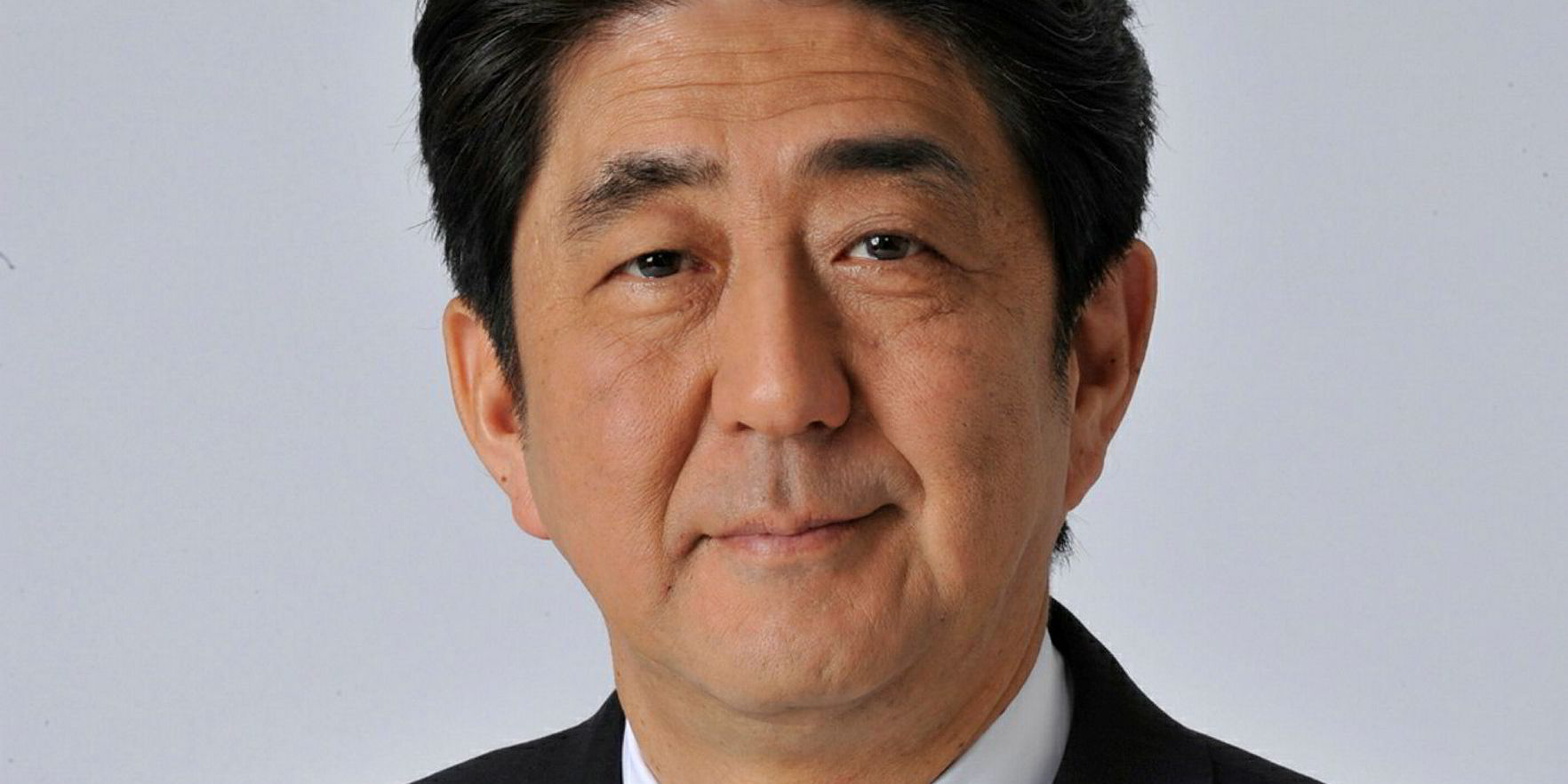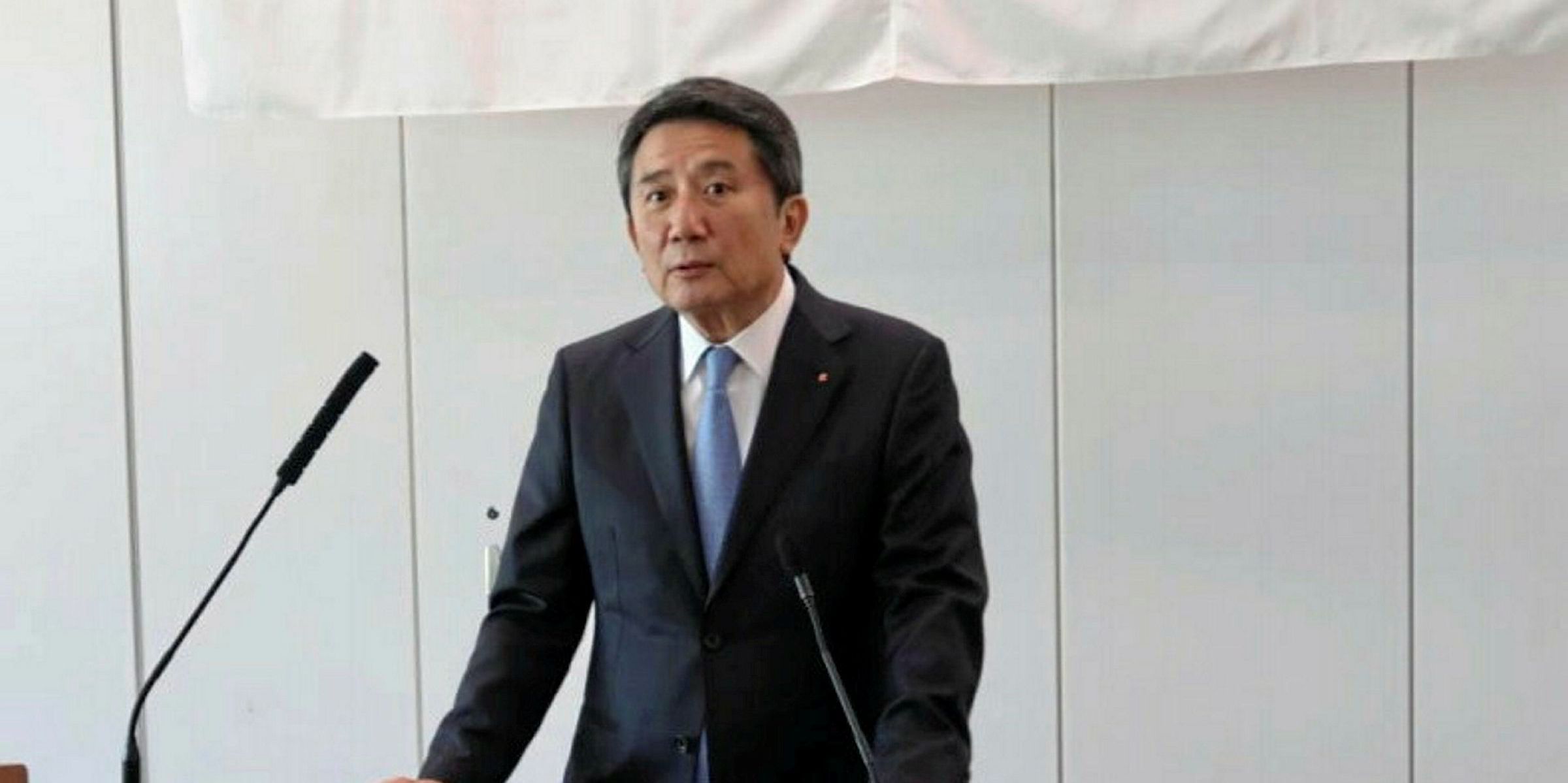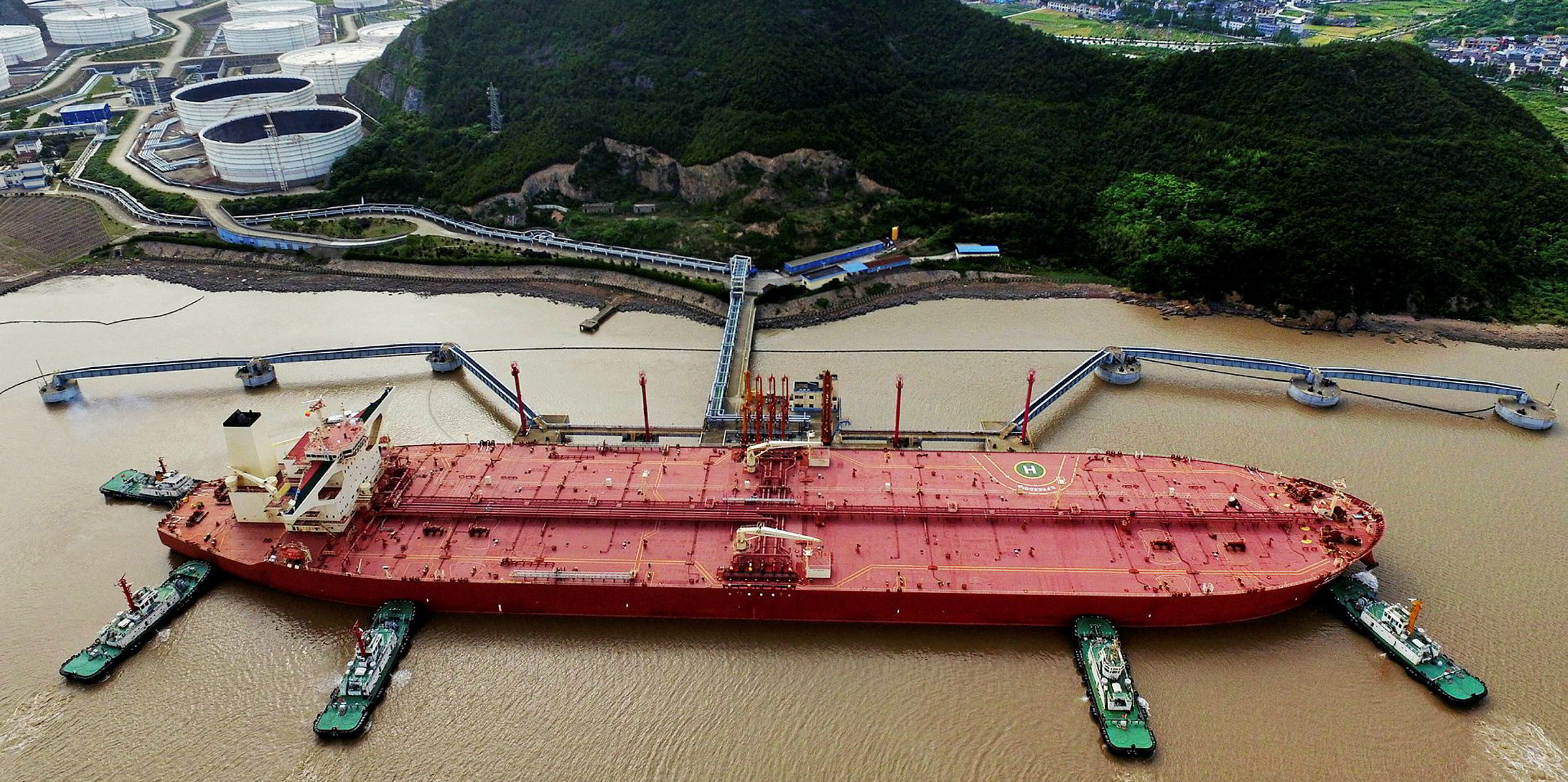Prime Minister Shinzo Abe’s policy of developing a global network of trade deals could deliver higher cargo volumes to Japanese shipping companies that have been badly hit by the growing US-China trade spat and the looming spectre of Brexit.
Comprehensive and Progressive Agreement for Trans-Pacific Partnership
- Entered into force for Australia, Canada, Japan, Mexico, New Zealand, Singapore and Vietnam in December 2018-January 2019
- Will enter into force for Brunei, Chile, Malaysia and Peru 60 days after ratification is completed
- Eliminates 95% of trade tariffs between the trading partners
- Members represent 13% of world GDP amounting to $13.5trn
EU-Japan Economic Partnership
- Entered into force 1 January 2019
- Includes 28 EU member states and Japan
- Removes €1bn of duties on EU goods traded to Japan and covers 97% of duties on EU goods exported to Japan
Abe has been carving out a historic free trade deal with the European Union over the past year, and is the driving force behind the Comprehensive and Progressive Agreement for Trans-Pacific Partnership (CP-TPP) trade agreement that covers Australia, Brunei, Canada, Chile, Japan, Malaysia, Mexico, New Zealand, Peru, Singapore, and Vietnam.
US trade tensions
Yet Abe’s progress on removing trade barriers has been overshadowed by the US-China row, which has revealed just how exposed the Japanese shipping sector is to the politics of international trade.
Japan's "Big Three" shipping companies — MOL, NYK Line and K Line — all cite the growing US-China trade friction as having had a negative affect on last quarter’s earnings.
The trade war has impacted almost every sector of the diverse business of the shipping majors, from dry bulk to car carriers and transpacific container trades.
MOL says its panamax bulker business was badly affected by US-China trade tariffs. “Lacklustre grain shipments from North America amid trade friction between the US and China, and China’s temporary restriction of coal imports caused rates to weaken,” it says.
Similarly its car-carrier business, a reliable pillar of profit for all three Japanese shipping companies, was also hit by a slip in export volumes from the US to China.
MOL describes the US-China trade friction as an “uncertain external” factor on the future prospects of ONE, its containership joint venture company with NYK and K Line.
K Line chief executive Eizo Murakami summed up the Japanese concerns over a global move toward protectionism — typified by the US stance — when he spoke to employees at the start of the year.
He said: “Such actions have greatly upset the global economy, and there is great concern regarding the effect they will have on trade, which is the very foundation of our business.”
Spectre of Brexit
Nissan’s Brexit-influenced decision to pull the expansion of its Sunderland manufacturing plant in the UK — and Honda’s decision to pull out of Swindon — is also seen as a negative for European car shipments.
Japan says it is a long way from reaching a trade agreement with the UK before it leaves the EU. Eight out of 10 UK-built cars are exported and last year that amounted to 671,000 vehicles worth €12.6bn ($14.3m), according to the European Automobile Manufacturers' Association.
NYK Group Europe’s chief executive Svein Steimler says a no-deal Brexit will mean World Trade Organisation tariffs will apply to the UK, pushing up prices and dampening trade.
However, for the Japanese car carriers volume is not everything. The business is as much about anticipating global car manufacturing trends and optimising fleet efficiency, according to Steimler.
But Japan’s growing partnership with the wider EU does hold out some hope for Japanese lines. Tokyo's recent economic partnership agreement with the EU to ease trade barriers is Europe’s biggest trade pact and covers two-thirds of world GDP and some 600 million citizens.
The EU currently exports about €58bn in goods to Japan and that figure is expected to grow after the removal of tariffs on shipped goods, such as food stuffs, wine and cars.
Once the pact is up and running, the value of the EU-Japan trade is expected to grow by €36bn.
NYK’s Steimler says: “In general terms, the removal of tariffs will incentivise and lubricate trade.”
The CP-TPP's 11 trading partners are all within the service network of the Japanese-focused ONE liner group. Together they account for about 14% of world trade in manufactured goods.
Japan is not really growing but if you look at somewhere like Vietnam it is showing tremendous growth, while car manufacturing is taking off in places like Mexico
Svein Steimler
Japan may also be able to bring the UK back into its growing fold of trade partners. Prime Minister Abe is reported to have said that the UK would be welcome to join the CP-TPP, spreading the trade agreement's influence further into the West.
Rising star
Japan has grown into the most powerful economic power in the new trade pact after US President Donald Trump decided to pull his country out of its existing transpacific agreement in 2017.
There is a line of thought within the CP-TPP that the trade agreement will be all the stronger without the protectionist leanings of the US. And that its strength could be further enhanced if it manages to achieve a central ambition to invite China to join the CP-TPP.
Steimler says that the addition of developing countries will bring growth to the CP-TPP pact. “Japan is not really growing but if you look at somewhere like Vietnam it is showing tremendous growth, while car manufacturing is taking off in places like Mexico.”
“The political atmosphere between Japan and China is also improving and these days it’s more about how we can work together to improve trade.”





